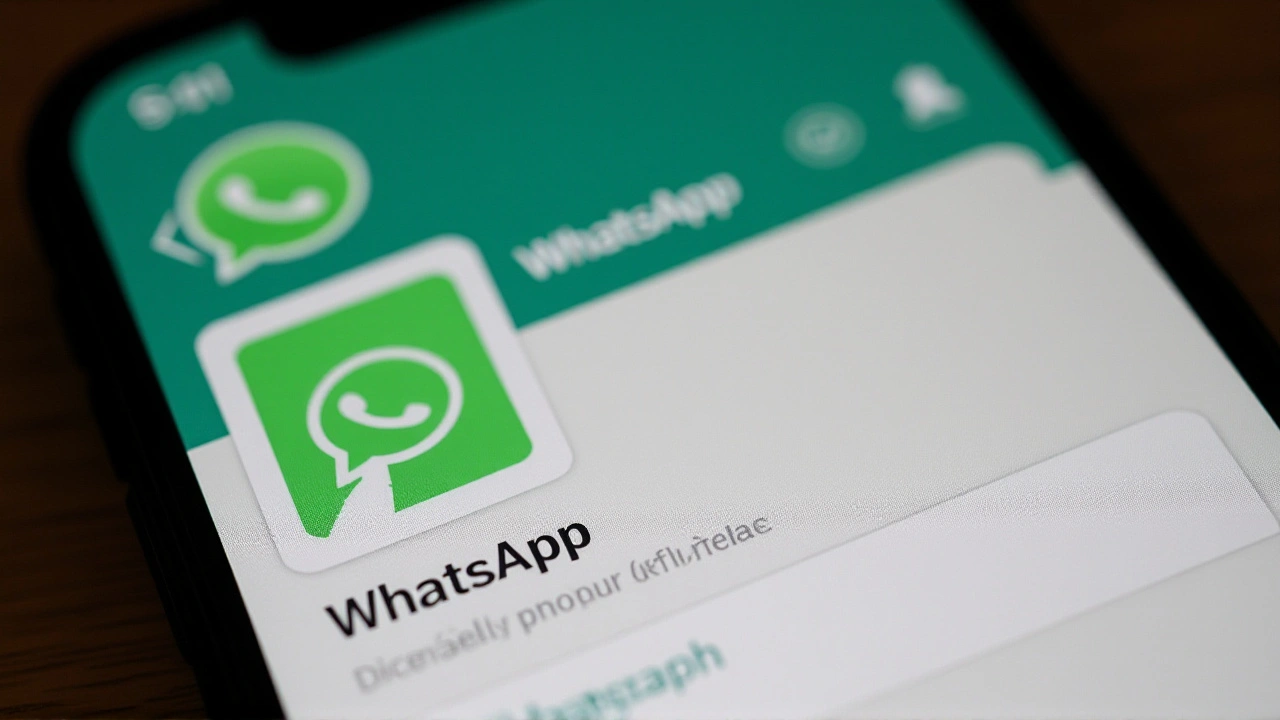What the law mandates
Australia’s Online Safety Amendment (Social Media Minimum Age) Act 2024 introduces a firm rule: anyone under 16 cannot have an account on certain social media services. The government says the change will be live by December 2025, giving platforms a year to adjust their systems. Major names on the list include WhatsApp, Twitch, Instagram, Facebook and a handful of others that fall under the definition of "social media" in the bill.
The legislation is straightforward on paper. If a user cannot prove they are at least 16, the platform must deny them access or shut down the account. Companies are expected to use age‑verification tools, but the law does not prescribe a specific technology, leaving each service to decide how to comply.
Reactions from the public, industry and experts
Public opinion appears to tilt toward the ban. A YouGov poll from November 2024 recorded 77 % of Australians supporting a minimum age of 16, and 87 % said companies that ignore the rule should be hit with tougher penalties. By contrast, a Resolve Political Monitor survey for The Sydney Morning Herald found that while 58 % back the idea, only a quarter believe it will actually work, with 67 % doubting its effectiveness.
Meta, the owner of Facebook, Instagram and WhatsApp, has publicly pledged to follow any Australian age‑restriction law. That means young Australians could soon see a “sorry, you’re too young” message when trying to open a WhatsApp account. Twitch, a streaming platform popular with gamers, has not yet issued a detailed response, but industry analysts expect a similar compliance push.
Legal and privacy groups are sounding alarms. The Law Council argues the bill’s reach is too broad, potentially trampling privacy rights and setting a precedent for wider internet controls. Privacy Commissioner Carly Kind expressed skepticism, noting that current verification methods often rely on self‑reported data that can be faked.
Even platforms themselves warn of unintended consequences. TikTok called the move “rushed,” fearing it could push younger users onto less‑moderated corners of the web. In June 2025, ABC News revealed that many existing age‑verification systems fail to accurately confirm a user’s age, raising doubts about how the ban will be enforced on the ground.
Academics and youth advocates are offering alternatives. Associate Professor Faith Gordon of the Australian National University suggests that instead of a blanket ban, social media firms should carry an "enforced duty of care" – meaning they must actively protect younger users while still allowing them to engage. Leonardo Puglisi, founder of the youth‑run outlet 6 News Australia, slammed the lack of direct consultation with teenagers during the drafting process.
UNICEF Australia weighed in, acknowledging the good intentions behind the law but stressing that stopping under‑16s from joining platforms won’t solve deeper issues. The agency highlighted the educational value of social media and its role in keeping friends connected, especially in remote areas.
Overall, the path to December 2025 looks bumpy. Platforms must scramble to upgrade verification tools, governments must monitor compliance, and critics will keep testing how well the rule protects kids without cutting them off from the digital world. Only time will tell if the Australia social media age ban delivers on its promise of a safer online space for teens.


om biswas
Australia’s ban is a laughable overreach that will only drive kids to dodgy sites.